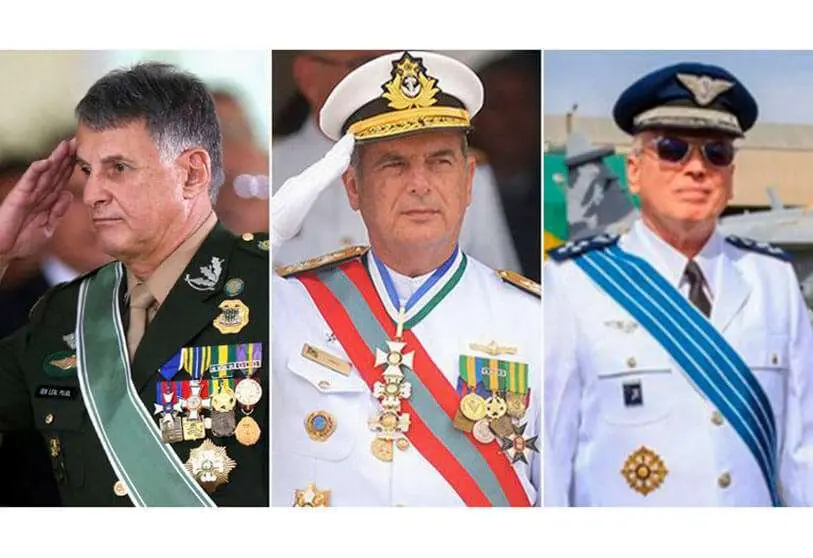Bolsonaro faces the biggest military crisis in Brazil's history

The head of Brazil's Air Force, Navy and Army resigned after President Jair Bolsonaro changed the defence minister. This resignation of the three military chiefs marks a precedent within the Brazilian Armed Forces, which coincides with the serious political situation facing the country. The former defence minister, Fernando Azevedo, was dismissed from his post along with six other ministers and has been replaced by Walter Souza Braga Netto, a person who was already a member of the executive branch as minister for the presidency. The resignation of these three generals from the military leadership was seen not only as a gesture of solidarity with Azevedo, but also as a consequence of the malaise that exists within the Armed Forces due to Jair Bolsonaro's mismanagement of the pandemic.
The Brazilian president has always considered the opinion of the military as a fundamental part of his decision-making, but in recent months there has been a lot of friction with some members of Bolsonaro's government for being COVID-19 denialists. The Ministry of Defence, in an official statement, publishes Azevedo's farewell letter from the Defence portfolio: "I thank the President of the Republic, to whom for one year after more than two I dedicated my total loyalty to the opportunity to serve the country, as Minister of State for Defence. During this period, we will preserve the Armed Forces as state institutions. I thank the commanders of the Navy, Army and Air Force, and their respective forces, who will never spare any effort to meet the needs and emergencies of the Brazilian population. I leave with the certainty of mission accomplished".

His replacement Walter Souza Braga Netto, within his military experience, was appointed personal chief of the Western Military Command in 2009, two years later he was appointed as military attaché of the Army at the Brazilian Embassy in the United States of America and in Canada. In 2013 he was promoted to major general, and was in charge of security and overall coordination of the Olympic and Paralympic Games in 2016. During the government of Michael Temer he served as a federal agent of the Secretariat of Security of Rio de Janeiro, a position he held until early 2019, when he was appointed Chief of Staff, and then ended up in Bolsonaro's Executive as Chief of Staff of the Presidency of the Republic.
This resignation has set alarm bells ringing within the government, as they fear that it could be repeated in other institutional sectors. They are Edson Pujol, head of the Army, Ilques Barbosa Junior, of the Navy, and Antonio Carlos Morett, of Aviation; they belonged to the military high command throughout Bolsonaro's government. The Ministry of Defence said in an official statement that the three military officers "will be replaced", and remarked that it was supposedly a "communicated decision" after the meeting they had with the new Minister of Defence. The military media claimed that the three armed forces chiefs were willing to "make their posts available" after Azevedo's departure. Of the 28 ministers, only six were replaced, including Defence Minister Sergio Moro, Justice Minister Sergio Moro and Foreign Minister Ernesto Araújo.

Several media reports indicate that both ministers resigned and others indicate that they were dismissed. Ernesto Araújo, as foreign minister was in the same line as his president, this decision surprised public opinion, he will be replaced by Carlos Alberto Franco Franca, a diplomat who does not have much experience and has a more moderate style than Bolsonaro. The new Minister of Justice will be Anderson Gustavo Torres, a person who has worked in the Police as Commissioner, and who has been in favour of the relaxation of the sale of weapons to civilians. Torres has experience in Criminal Investigation and Strategic Intelligence, within the Superintendence of the Federal Police, and was in charge of the fight against organised crime in the district of Roraima. In 2008 he joined the Federal Police, in charge of international drug trafficking and money laundering investigations.
Latin America Coordinator: José Antonio Sierra.








